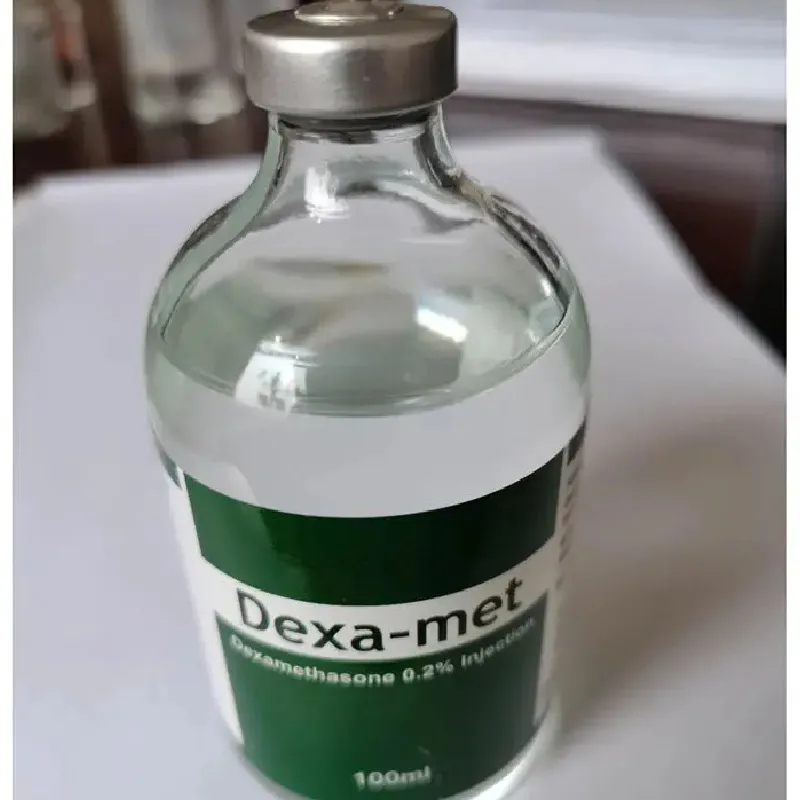- Afrikaans
- Albanian
- Amharic
- Arabic
- Armenian
- Azerbaijani
- Basque
- Belarusian
- Bengali
- Bosnian
- Bulgarian
- Catalan
- Cebuano
- Corsican
- Croatian
- Czech
- Danish
- Dutch
- English
- Esperanto
- Estonian
- Finnish
- French
- Frisian
- Galician
- Georgian
- German
- Greek
- Gujarati
- Haitian Creole
- hausa
- hawaiian
- Hebrew
- Hindi
- Miao
- Hungarian
- Icelandic
- igbo
- Indonesian
- irish
- Italian
- Japanese
- Javanese
- Kannada
- kazakh
- Khmer
- Rwandese
- Korean
- Kurdish
- Kyrgyz
- Lao
- Latin
- Latvian
- Lithuanian
- Luxembourgish
- Macedonian
- Malgashi
- Malay
- Malayalam
- Maltese
- Maori
- Marathi
- Mongolian
- Myanmar
- Nepali
- Norwegian
- Norwegian
- Occitan
- Pashto
- Persian
- Polish
- Portuguese
- Punjabi
- Romanian
- Russian
- Samoan
- Scottish Gaelic
- Serbian
- Sesotho
- Shona
- Sindhi
- Sinhala
- Slovak
- Slovenian
- Somali
- Spanish
- Sundanese
- Swahili
- Swedish
- Tagalog
- Tajik
- Tamil
- Tatar
- Telugu
- Thai
- Turkish
- Turkmen
- Ukrainian
- Urdu
- Uighur
- Uzbek
- Vietnamese
- Welsh
- Bantu
- Yiddish
- Yoruba
- Zulu
Nov . 16, 2024 13:31 Back to list
Understanding the Challenges and Solutions of Antimicrobial Resistance in Modern Medicine
Tackling Antimicrobial Resistance A Global Challenge
Antimicrobial resistance (AMR) has emerged as one of the most pressing public health concerns of our time. It poses a significant threat to the effectiveness of antibiotics, antifungals, and other antimicrobial agents. As these essential medications become less effective against infections, the implications for individual patients and public health systems are severe. The World Health Organization (WHO) has recognized AMR as a global crisis, calling for urgent action from countries, healthcare providers, and the public.
At its core, antimicrobial resistance occurs when microorganisms—such as bacteria, viruses, fungi, and parasites—develop the ability to resist the effects of medications that once effectively treated them. This resistance can arise from a variety of factors, including the overuse and misuse of antibiotics in medicine and agriculture, poor infection prevention and control measures, and a lack of new drug development.
Tackling Antimicrobial Resistance A Global Challenge
Another significant factor in the rise of AMR is the inadequate investment in research and development of new antibiotics. Pharmaceutical companies often see limited financial incentives to develop new antimicrobials due to the high costs and regulatory hurdles involved. As a result, the pipeline for new antibiotics is dwindling, leaving healthcare providers with fewer options to combat resistant infections.
antimicrobial resistance pdf

Addressing AMR requires a multifaceted approach. First, there is an urgent need for improved surveillance systems for tracking AMR patterns and antibiotic use. This data can inform public health strategies and guide appropriate prescribing practices. Education and awareness campaigns targeting both healthcare providers and the public are equally crucial, emphasizing the importance of responsible antibiotic use and the risks associated with misuse.
Moreover, strengthening infection prevention and control measures in healthcare settings can significantly reduce the spread of resistant pathogens. This includes implementing rigorous hygiene practices, promoting vaccination to prevent infections, and ensuring that healthcare workers are adequately trained on AMR.
In addition, fostering collaboration on a global scale is essential for combating AMR. International partnerships can facilitate the sharing of research findings, best practices, and resources. Initiatives such as the WHO’s Global Action Plan on AMR aim to mobilize countries to take decisive actions in curbing resistance and preserving the efficacy of existing antimicrobials.
In conclusion, antimicrobial resistance is a complex issue that demands immediate and coordinated action. By promoting responsible antibiotic use, investing in research, and fostering global cooperation, we can safeguard the future of medicine and protect public health from the dangers posed by resistant infections. The time to act is now; our collective efforts will determine the effectiveness of antimicrobial therapies for generations to come.
-
Guide to Oxytetracycline Injection
NewsMar.27,2025
-
Guide to Colistin Sulphate
NewsMar.27,2025
-
Gentamicin Sulfate: Uses, Price, And Key Information
NewsMar.27,2025
-
Enrofloxacin Injection: Uses, Price, And Supplier Information
NewsMar.27,2025
-
Dexamethasone Sodium Phosphate Injection: Uses, Price, And Key Information
NewsMar.27,2025
-
Albendazole Tablet: Uses, Dosage, Cost, And Key Information
NewsMar.27,2025













